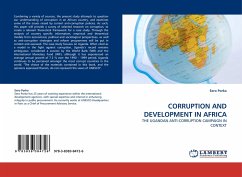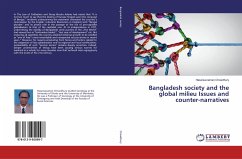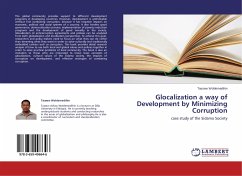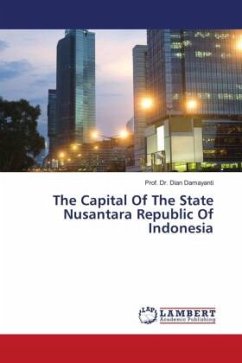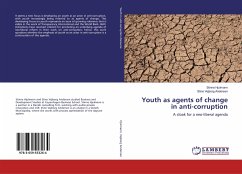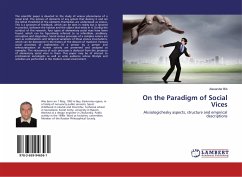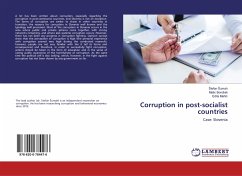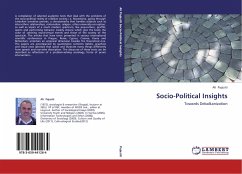Combining a variety of sources, the present study attempts to question our understanding of corruption in an African country, and examines some of the issues raised by current anti-corruption policies. As such, this paper will provide a survey of selected research on corruption, to create a relevant theoretical framework for a case study. Through the analysis of country specific information, empirical and theoretical models from economical, political and sociological perspectives, as well as anti-corruption strategies and reform programmes will be put in context and assessed. The case study focuses on Uganda. Often cited as a model in the fight against corruption, Uganda's record remains ambiguous: considered a success by the World Bank (WB) and the International Monetary Fund (IMF), although it has experienced an average annual growth of 7.2 % over the 1990 1999 period, Uganda continues to be perceived amongst the most corrupt countries in the world. "The choice of the materialscontained in this book, and the opinions expressed therein, do not represent the views of UNESCO".
Hinweis: Dieser Artikel kann nur an eine deutsche Lieferadresse ausgeliefert werden.
Hinweis: Dieser Artikel kann nur an eine deutsche Lieferadresse ausgeliefert werden.

